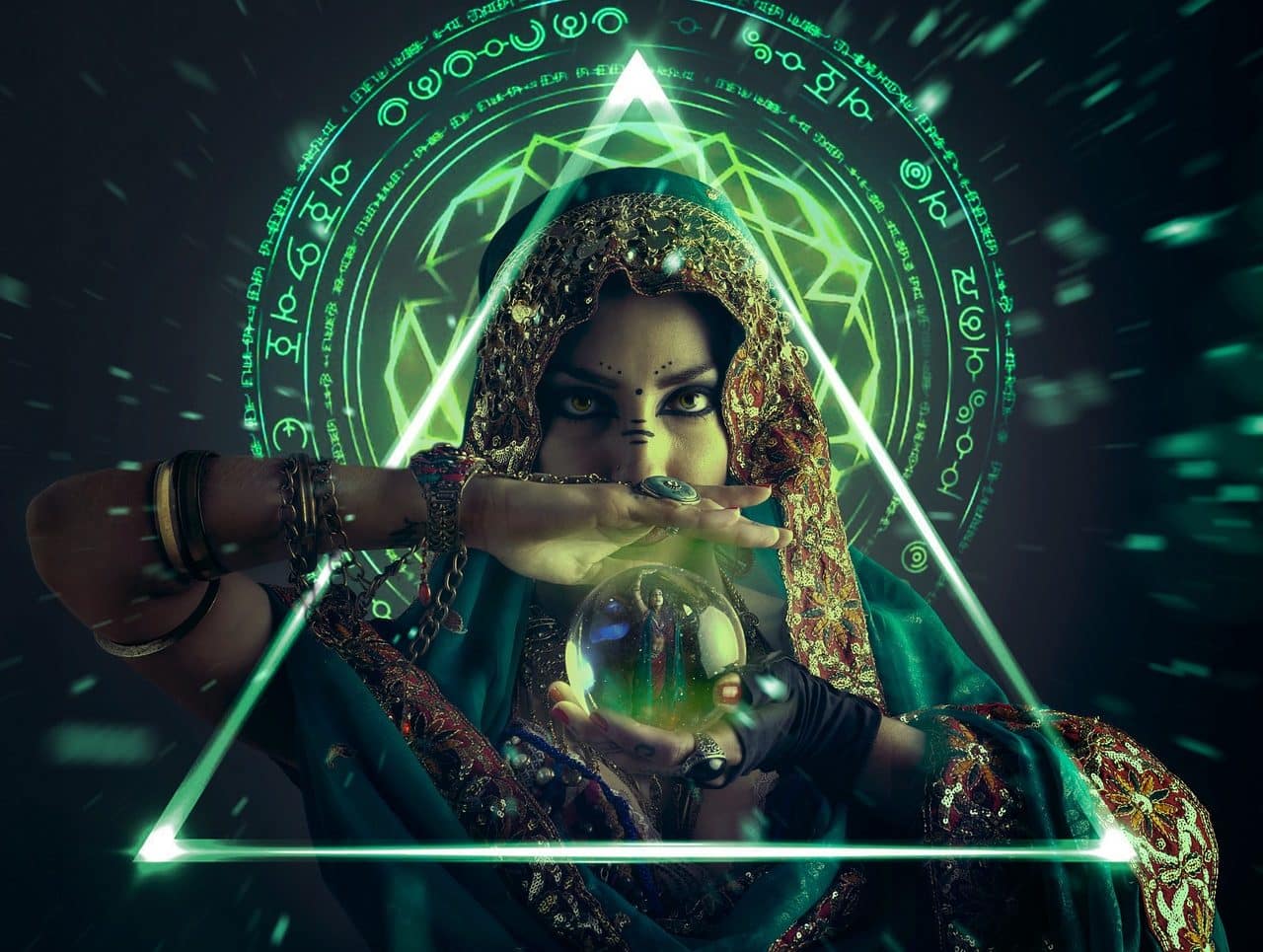
A protective figure guarantees our safety and well-being.
A protector is someone or something that has the function of protecting, safeguarding or guaranteeing the safety, well-being or integrity of people, objects or concepts. In various contexts, protectors play a fundamental role in providing security and care . They can take various forms, such as individuals fulfilling the role of gatekeeper, devices designed to prevent harm, or measures and policies with similar purposes.
On a personal level, protectors can be family, friends or any figure who provides emotional and physical support , contributing to well-being. In terms of physical security , protectors can be alarm systems, locks, or even law enforcement who work to maintain peace and order in a society.
In the environmental context, protectors are crucial to preserve biodiversity and ecosystems, ensuring the sustainability and health of the planet. Furthermore, in the technological field, computer security programs and data protection measures are essential to protect the privacy and integrity of the information.
History and etymology
The word protector has a rich history and has been used in various contexts over time. Its etymological origin goes back to the Latin protector , which derives from the verb protecte . This verb is composed of pro , meaning "in favor of" or "instead of," and tegere , meaning "to cover." Therefore, it has the connotation of someone or something that offers cover and defense to others.
In ancient Rome , the term protector was used to refer to individuals who took on the role of guardians or defenders of certain groups or interests. It could be applied to military leaders, politicians or even deities considered guardians of cities or communities.
During the Middle Ages , the concept of protector was also linked to the figure of the monarch or ruler who offered protection and security to his subjects. In some cases, certain titles of nobility included this designation as a formal expression of this responsibility.
In more modern contexts, the term protector has evolved to encompass a variety of meanings. In the legal and political sphere, a protector can be a rights defender , as in the case of an ombudsman or a human rights protection figure.
In the social sphere, a protector can be a caregiver, someone who looks after the well-being of others, whether in the family or community environment. It is also used in more specific contexts, such as in technology (for example, antivirus programs as protectors of computer security) and in ecology (for example, environmental defenders as protectors of nature).

The role of the bodyguard is that of a paid protector.
General definition
The concept of protector is a notion that encompasses a wide range of meanings, all centered on the fundamental idea of safeguarding , protecting or guaranteeing safety and well-being. This term is deployed in various forms, from the vigilant custodian to the brave paladin, each acting as a shield or barrier against potential threats.
At its core, a protector can be visualized as a security guardian , a figure dedicated to personal defense and the safeguarding of valuable individuals, property or concepts. This role can manifest itself in various ways, from the bodyguard who ensures a person's physical safety, to the conceptual strength that provides protection in the emotional or ideological sphere.
The image of the paladin emerges as an archetypal symbol of nobility and courage , willing to defend the disadvantaged and fight against injustice. It acts as a refuge for those seeking shelter, providing safe cover and standing as a barrier against adversity.
At the most pragmatic level, security guards embody the role of protectors in a tangible way. Their vigilant presence and their preparation to act at critical moments represent active protection , providing a sense of security and contributing to maintaining peace in various environments.
The term protector is also associated with the idea of a shield , a covering that stands between the danger and what it is intended to protect. This shield can be both physical and symbolic, ranging from concrete security measures to ideological systems that act as barriers against external threats.
In a more abstract sense, the word protector can be extended to concepts such as insurance, which provides a financial safeguard in case of contingencies. Thus, protection becomes a form of protection against risks and a means to guarantee stability.

Talismans and amulets are spiritual protectors.
Spiritual or symbolic protector
Spiritual or symbolic protectors are fundamental elements in various cultural and religious traditions around the world. These objects and beings are considered intermediaries between the earthly and spiritual worlds, intended to provide protection, luck or guidance to those who possess or invoke them. An amulet , a talisman or a guardian angel can fall into this category, each with its own associated beliefs and traditions.
Amulets are objects believed to have magical or protective properties. They can be stones, jewelry, figures or other elements that are carried with them to ward off bad luck or attract good luck. Common examples include horseshoes, four-leaf clovers, and Turkish eyes. Talismans are also objects with supposed special powers, but they are often intended to provide specific protection. For example, a talisman could be designed to protect against illness, the evil eye, or any other danger.
In many religious traditions, it is believed in the existence of guardian angels assigned to protect and guide individuals throughout their lives. These spiritual beings are seen as divine messengers who intervene in difficult situations and offer comfort and guidance . Different religions have specific symbols that are considered protective. For example, the eye of Horus in ancient Egyptian mythology or the Nazar in Turkish culture are symbols used to ward off the evil eye.
Many cultures have specific rituals intended to invoke the protection of spiritual beings or to charge objects with positive energy. These rituals may include prayers, blessings, or specific ceremonies. In astrology and the belief in gem properties, certain zodiac signs or gemstones are believed to have protective powers. People often choose to wear specific gemstones based on their beliefs to attract positive energies and protection.
